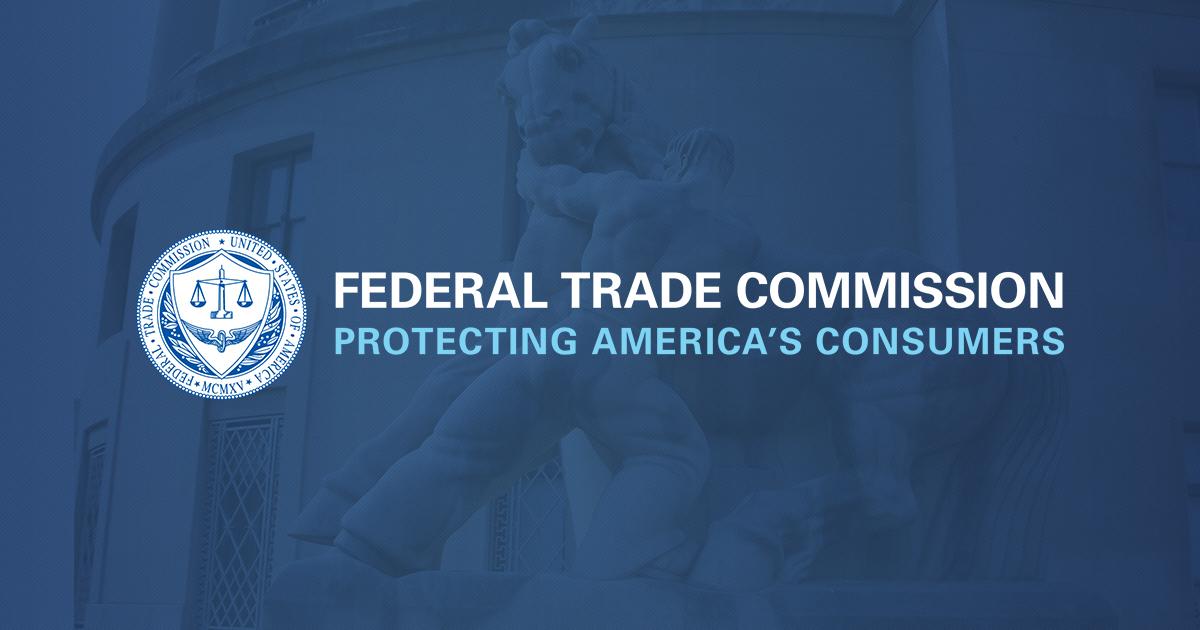So as I understand it, Google’s using it’s monopoly market position to force web “standards” unilaterally (without an independent/conglomerate web specification standards where Google is only one of many voices) that will disadvantage its competitors and force people to leave its competitors.
I’m not a lawyer, and I’m a fledgling tech guy, but this sounds like abuse of a monopoly. Google which serves 75% of the world’s ads and has 75% of the browser market share seems to want to use its market power to annihilate people’s privacy and control over their web experience.
So we can file a complaint with FTC led by Lina Khan who has been the biggest warrior against abuse by big tech in the US.
https://www.ftc.gov/enforcement/report-antitrust-violation
We can also file a complaint with the DOJ:
https://www.justice.gov/atr/citizen-complaint-center
And there have to be EU, UK, Indian, Chinese, and Japanese organizations that we can file antitrust complaints to.



I’m not sure that can really be considered antitrust even though it is an issue. Even if Chrome adds new features for themselves, the specs are open and there’s nothing preventing competitors from implementing them, unlike IE back in the days with ActivX applets and all the proprietary undocumented Windows-only features. Those were intentionally designed to be proprietary and hard to match by competitors. Many Chromium derivatives will also keep manifest v2 alive as well.
It would be antitrust if they made sure that you have to use Chrome for sites to work, like many sites would only work on IE back then and not even IE-compatible implementations. Google’s been pretty reasonable implementing fallbacks for their own services, everything Google works just fine on Firefox. Sometimes not optimally, but they do make an effort to at least keep it fairly compatible and they don’t do user agent tests, they do feature tests so competing browsers are never outright excluded. And nothing stopping developers from making sure everything works fine on Firefox for their own website.
And unlike IE, Chromium is open-source. Competitors can easily take Chromium and change it to their liking like Microsoft did with Edge. The engine has market share dominance sure, but there’s no locking down forcing you to use Google Chrome specifically. You can use Brave, Edge, Bromite, Opera and any other Chromium forks if you want and give nothing to Google.
Otherwise Windows is a much worse antitrust violation purely for being the most popular OS and therefore people write software mostly for Windows. Some would argue it should, and I would agree, but again there’s nobody forcing you to make your software Windows-exclusive other than laziness.